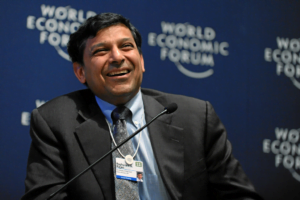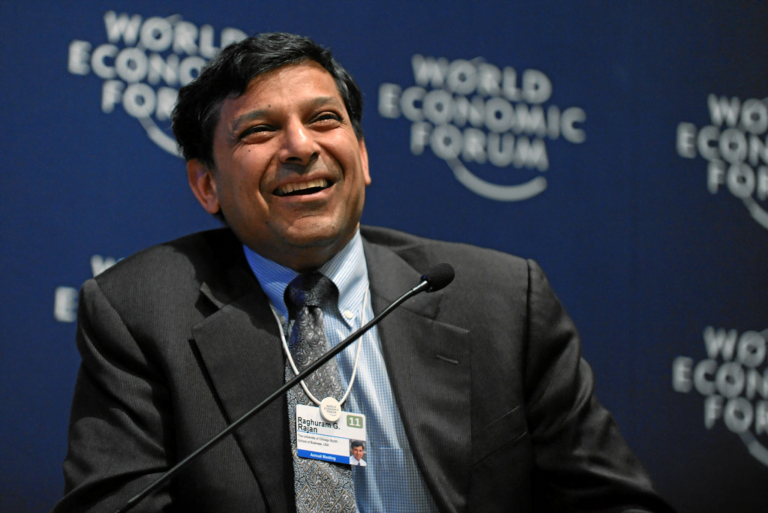Supreme Court Upholds Revocation of Article 370: Navigating the Legal Landscape and Shaping Jammu and Kashmir’s Future
In a watershed moment, the Supreme Court, under the stewardship of Chief Justice of India DY Chandrachud and a distinguished five-judge bench, has delivered a historic verdict upholding the government’s revocation of Article 370. This decision comes after months of deliberation on petitions challenging the abrogation, offering legal clarity on a contentious and transformative move that has reshaped the constitutional landscape of Jammu and Kashmir.
Understanding Sovereignty: Jammu and Kashmir’s Integration into the Union
The crux of the court’s judgment revolves around the interpretation of Article 370, a constitutional provision that granted special status to the erstwhile state of Jammu and Kashmir. Chief Justice Chandrachud, in delivering the verdict, asserted that Jammu and Kashmir had relinquished its complete sovereignty upon joining the Union of India. This critical observation provides the legal foundation for the argument that the state, by its very integration into the Union, did not possess internal sovereignty distinct from other states.
Temporary Provision and Executive Authority: A Legal Framework
One of the pivotal aspects addressed in the judgment is the court’s acknowledgment of the President and the Centre’s authority to revoke Article 370. By deeming it a “temporary provision,” the court has categorically rejected arguments that portrayed Article 370 as a perpetual and irrevocable feature. Chief Justice Chandrachud underscored that the power of abrogation vested in the President is aimed at the integration of Jammu and Kashmir within the constitutional framework of India.

Election Imperative: A Forward-Looking Directive
A significant facet of the judgment pertains to the court’s directive for elections to be held in Jammu and Kashmir by September 30, 2024. This temporal stipulation adds a forward-looking dimension to the verdict, emphasizing the court’s commitment to fostering democratic processes in the region. The timeline provided aligns with the broader objectives of political normalization and the reintegration of Jammu and Kashmir into the constitutional fabric of India.
Limits of Judicial Scrutiny: Upholding Executive Prerogative
The court’s pronouncement on the limitations of judicial scrutiny over the President’s decision to abrogate Article 370 is noteworthy. Chief Justice Chandrachud asserted that the court cannot sit in judgment unless extraordinary circumstances exist. This underscores the principle that matters related to the integration of territories within the Union, guided by constitutional amendments, fall within the purview of executive and legislative actions, limiting the judiciary’s intervention.
Implications for Jammu and Kashmir: Beyond Legal Nuances
Beyond the legal intricacies, the implications of this verdict are profound for the future trajectory of Jammu and Kashmir. The revocation of Article 370 was a strategic move by the government, led by Prime Minister Narendra Modi, and its legal validation by the Supreme Court consolidates the constitutional basis of this decision. This not only provides legal clarity but also contributes to shaping the region’s political landscape.
Shaping a New Governance Paradigm: Socio-Political Ramifications
The court’s emphasis on the relinquishment of internal sovereignty by Jammu and Kashmir serves as a foundational principle guiding its integration. The constitutional alignment of the state, with its constitution deemed subordinate to the Indian Constitution, establishes a framework for governance that mirrors other states within the Union.
A Recalibrated Political Discourse: The Path Forward
While the legal aspects of the judgment are robustly articulated, the socio-political ramifications are equally significant. The decision marks a critical juncture in India’s constitutional history, where the court has played a pivotal role in defining the parameters of territorial integration within the federal structure.
Democratic Processes Reinvented: Elections as a Catalyst
For Jammu and Kashmir, the path forward involves a recalibration of its political and administrative machinery in alignment with the constitutional norms applicable to all states. The directive to conduct elections within a specified timeframe underscores the court’s commitment to reinstating democratic processes in the region. This move is essential for rejuvenating political representation and participatory governance, fostering a sense of agency among the people of Jammu and Kashmir.
Conclusion: A Nuanced Legal Interpretation with Far-Reaching Implications
In conclusion, the Supreme Court’s judgment on the revocation of Article 370 represents a nuanced and comprehensive interpretation of constitutional provisions. Beyond its legal significance, the verdict carries implications for the political, administrative, and societal fabric of Jammu and Kashmir. The coming years will witness the unfolding of this constitutional recalibration, with elections playing a pivotal role in determining the region’s future trajectory within the Union of India.
And if you have a news tip, correction or comment, let us know at: community@thesagegeek.com.





















+ There are no comments
Add yours